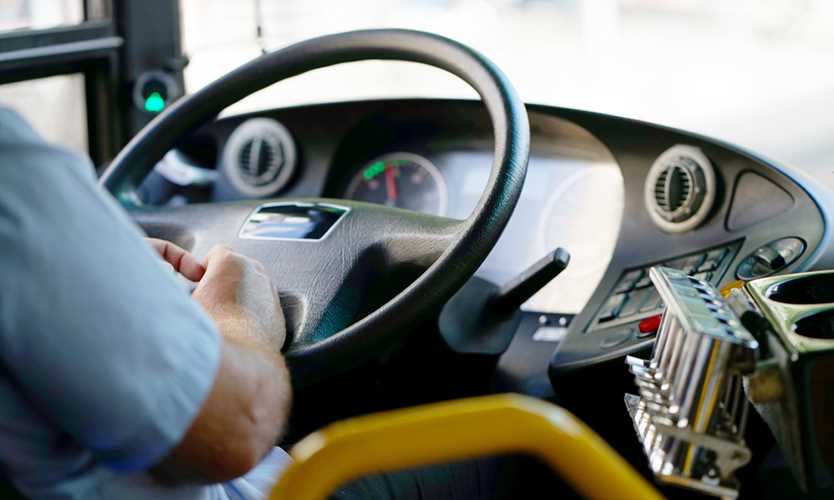An appeals court in New York upheld a denial of benefits to a bus driver who claimed in 2020 that he suffered “work-related stress and mental health injuries as a result of his exposure to COVID-19, the COVID-19-related death and illness of co-workers, the conditions of his employment and his treatment by co-workers and passengers, among other things.”
The driver, who in November 2020 quit his job with the Manhattan & Bronx Surface Transit Operating Authority, filed a workers comp claim for mental injuries his doctor classified as work-related, according to No. 535458, filed July 20 in the Appellate Division of the Supreme Court of New York, Third Department.
The driver, who did not test positive for COVID-19, claimed that “he was fearful of contracting and bringing it home to his family, as most passengers refused to wear masks when he instructed them that masks were required and some threatened him, half of his co-workers went unmasked and he was only provided with one mask per week at the outset of the pandemic,” according to the ruling.
In affirming the Workers’ Compensation Board’s denial of his claim, the court wrote that “mental injuries caused by work-related stress are compensable if the claimant can establish that the stress that caused the injury was greater than that which other similarly situated workers experienced in the normal work environment.”
The court wrote that all drivers were given the same allotment of masks, which were “scarce” at the time, and that all were subjected to the same risk of COVID-19.
The court said the driver failed to demonstrate that the stress he experienced at work was “greater than the stress normally experienced in the workplace by similarly situated bus operators, given that their job duties necessarily involved interacting with the general public and co-workers throughout the community where they are subjected to myriad illnesses, including COVID-19, and difficult passengers.”
